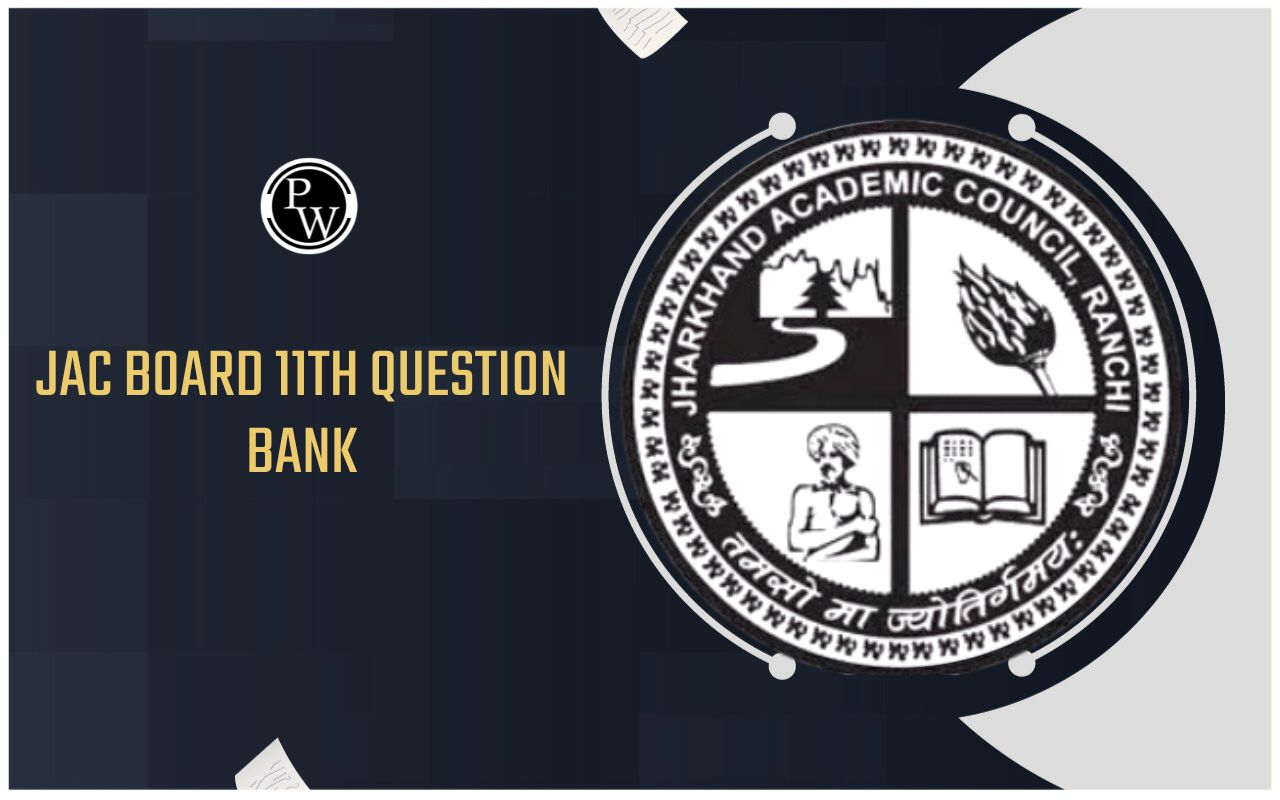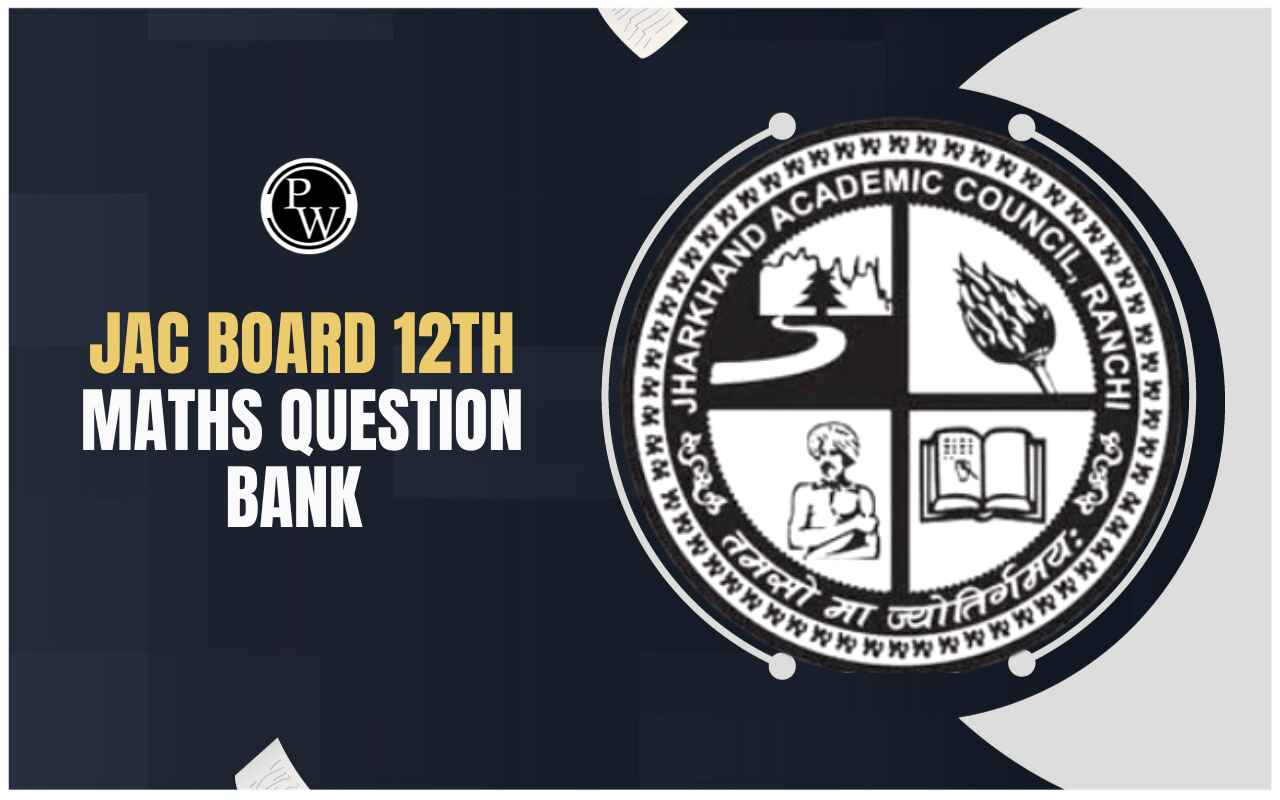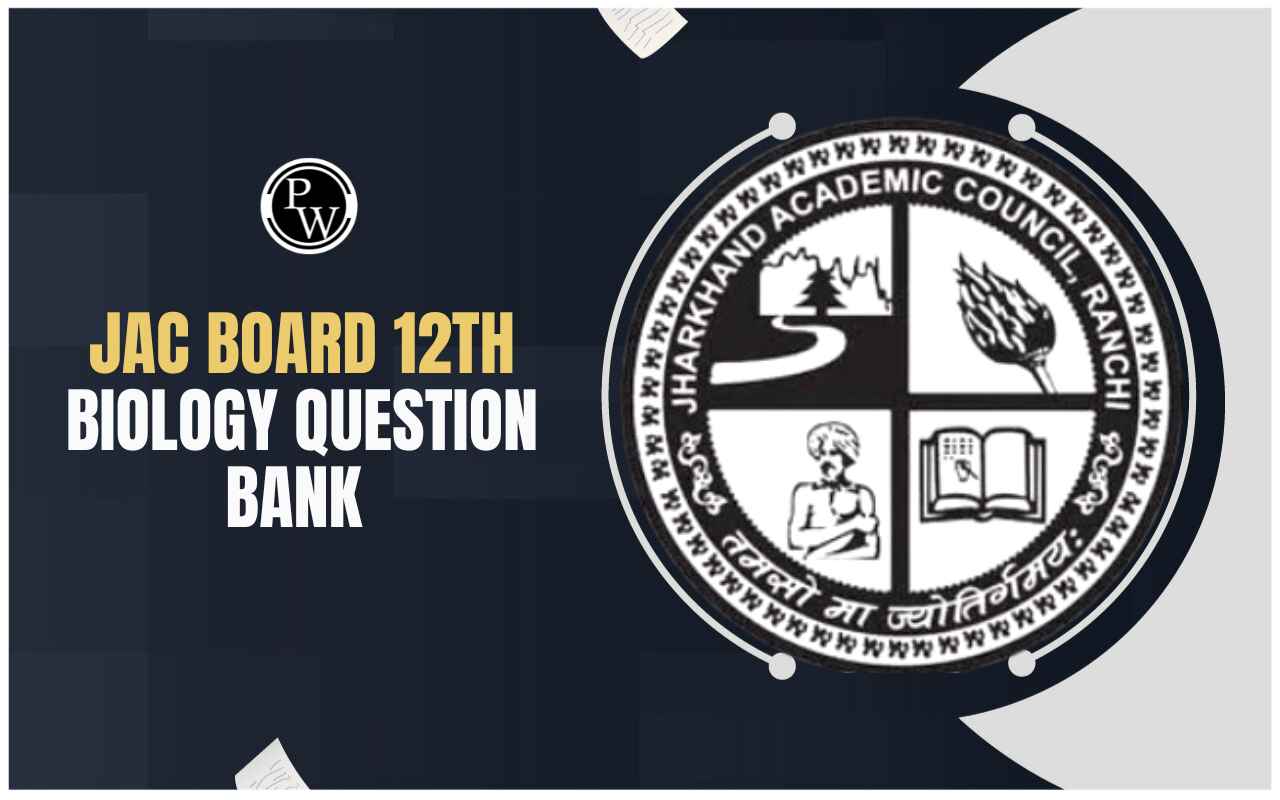
The JAC Board Class 11th examination is based on a structured syllabus and follows a specific exam pattern that includes objective, short answer, and long answer questions. Understanding the complete syllabus helps students focus on key topics. Familiarity with the exam pattern aids in time management and the question-solving approach.
Referring to previous year papers is essential to get an idea of frequently asked questions and important chapters. It also helps in building exam confidence. A clear understanding of the syllabus, along with regular practice of past papers, ensures better performance in the final JAC Class 11 examinations.
JAC Board Class 11th Physics Syllabus
Subject Wise JAC Board Class 11th Preparation Tips
Check below for subject-wise JAC Board Class 11th preparation tips designed to help students focus on key areas in each subject. These tips are based on the latest syllabus and exam pattern. Understanding subject-specific strategies and practicing regularly can boost performance. Refer to the table below for effective study guidance in each subject.
|
Subject Wise JAC Board Class 11th Preparation Tips |
|
|
Subject |
Preparation Tips |
|
Mathematics |
Understand formulas and theorems clearly. Practice problem sets daily. Focus on NCERT and solve previous year questions. |
|
Physics |
Grasp concepts before solving numerical problems. Revise definitions and derivations regularly. Use diagrams for clarity. |
|
Chemistry |
Memorize formulas, periodic table trends, and equations. Practice balancing chemical reactions and numericals. |
|
Biology |
Learn diagrams, definitions, and processes thoroughly. Make concise notes for quick revision. Focus on terminology. |
|
English |
Practice comprehension, grammar, and writing formats (letters, essays). Read literature chapters and note key points. |
|
Hindi |
Focus on grammar, reading, and writing sections. Revise prose and poetry chapters. Practice unseen passages. |
|
History |
Learn timelines, key events, and personalities. Use flowcharts and maps to organize information. Review NCERT summaries. |
|
Geography |
Understand maps, concepts, and case studies. Practice diagrams and review definitions. Revise key terms. |
|
Political Science |
Know definitions and functions of government systems. Understand concepts through examples. Revise key terms. |
|
Economics |
Understand graphs and basic economic terms. Practice definitions, numerical problems, and case studies. |
JAC Board Class 11 Biology Syllabus
JAC Class 11 Exam Pattern and Syllabus
The JAC Class 11 Exam Pattern and Syllabus are designed by the Jharkhand Academic Council to align with the latest academic standards. The exam pattern generally includes a mix of objective, short answer, and long answer questions, with theory and internal assessment components. Each subject typically carries 100 marks, divided into 80 for theory and 20 for practicals or internal work.
The syllabus covers all key concepts and chapters across subjects like Physics, Chemistry, Biology, Mathematics, English, Hindi, and Social Science. Understanding the syllabus and exam pattern is essential for effective preparation and helps students focus on important topics and question formats.
How to Use Previous Year Papers for Class 11 JAC Preparation
Using previous year papers for Class 11 JAC preparation is a smart way to understand the exam pattern, question types, and marking scheme. These papers help identify frequently asked questions and important topics from the syllabus.
Solving them improves time management, boosts confidence, and highlights areas that need more focus. Students can also simulate real exam conditions by timing themselves, which enhances writing speed and accuracy. Regular practice of past papers ensures better preparation and higher chances of scoring well in exams.
JAC Board Class 11 Chemistry syllabus
Time Management Tips for JAC Board Class 11th Exam
Here are detailed time management tips for the JAC Board Class 11th Exam:
1. Create a Realistic Study Timetable
-
Allocate specific time slots for each subject based on difficulty level and syllabus length.
-
Follow a daily routine with breaks to avoid burnout.
-
Include time for revision, practice, and relaxation.
2. Prioritize Subjects and Topics
-
Focus more on subjects you find difficult or have more weightage.
-
Start with high-scoring or fundamental topics, then move to advanced chapters.
3. Use the Pomodoro Technique
-
Study for 25–30 minutes with full concentration, followed by a 5-minute break.
-
After four cycles, take a longer 20-minute break to refresh.
4. Set Daily and Weekly Goals
-
Break down the syllabus into smaller chunks and assign goals to each day.
-
Review your weekly progress and adjust the timetable if needed.
5. Practice Previous Year Papers with a Timer
-
Simulate real exam conditions by solving papers within the allotted 3 hours.
-
Analyze time spent per section to improve speed and accuracy.
6. Avoid Multitasking While Studying
-
Focus on one subject or topic at a time to maximize retention and understanding.
-
Keep your phone and distractions away during study hours.
7. Utilize Early Morning Hours
-
Study important or difficult topics early in the morning when your mind is fresh.
-
Morning study sessions are ideal for memorization and problem-solving.
JAC Board Class 11th Preparation Tips FAQs
How can I start preparing for JAC Class 11th exams?
Begin by understanding the syllabus and exam pattern for each subject.
Are NCERT books enough for JAC Class 11th preparation?
Yes, NCERT books are the primary source and cover the full syllabus.
How important are previous year papers for Class 11th?
They help you understand question patterns and important topics.
What is the ideal daily study time for JAC Class 11th students?
Studying 4–5 focused hours daily is generally effective.










